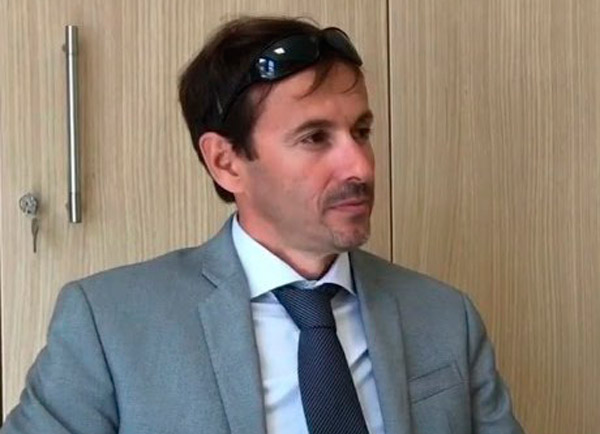
Alexio Picco
Business Development and funding Director, CIRCLE
Alexio Picco has a more than 20 years experience working with politicians, policy makers, regulators, academics and third parties in passengers and freight transport innovation using national and European funding. Also in creating, building and leading major initiatives within complex public and private organizations with a track record of successful cross-functional business development processes and large scale international consortia including EU and local institutions, EU/national/local policy-makers, industry players and a large variety of other stakeholders including non-profit groups. He has 12 years’ experience in supporting the European Commission in the evaluation of innovative projects, assessing their impacts in respect of the EU policies specifically in the domain of urban mobility and public transport. Today, as Business Development and Funding Director at Circle, he is the leader of the Consortium supporting the Motorways of the Sea Coordinator Brian Simpson for the development the MoS Detailed Implementation plan. He is also consulting several public and private entities such as: the – Ministry of transport, the Institute of Mobilitate and Transporte – Portugal, the Israeli Aerospace Industry, several Port Authorities& Shipping lines. In the recent years, he has been leading several EU initiatives related to passengers and freight transport, using an appropriate mix of innovative approaches, technologies and private/public funding (national and international projects).
Title: The “DocksTheFuture” Project
The EU maritime transport constitutes a crucial link in the global logistic chains and plays a leading role in international freight transport. Serving 40% of the EU’s internal trade and 75% of its external trade, maritime transport is an essential element in supporting Europe in maintaining its Number 1 position in global trade. Therefore, as a key node of the EU’s TEN-T ports have the ultimate objective to fully integrate maritime transport into the global logistics chain. Within this framework, DocksTheFuture aims at defining the vision for the ports of the future in 2030, covering all specific issues that could define this concept including among others, dredging, emission reduction, energy transition, electrification, smart grids, port-city interface and the use of renewable energy management.
The proposal already addressed a preliminary research on the Port of Future concept, the definition of several Port of the Future topics to be addressed and their related targets in 2030 and a preliminary list of projects that could be potentially clustered together with the RIA retained proposals. Moving from this point, DockTheFuture will:
– Refine and tune the Port of Future concepts, the Port of the Future topics and their related targets in 2030 and the list of projects to be clustered together with the RIA retained proposals.
– Identify appropriate KPIs and relevant monitoring and evaluation of results of actions.
– Leading to the a Port of the Future Road Map for 2030 that will include a number of exploitation elements such as tools for evaluation and transferability of Port of the Future solutions, R&D and policy recommendations, training packages and the creation of a Port of the Future Network of Excellence.
All of these elements will be supported by a comprehensive Dissemination and Communication plan targeting all ports in Europe and other relevant stakeholders, including Mediterranean and other Neighbouring Partner Countries.
